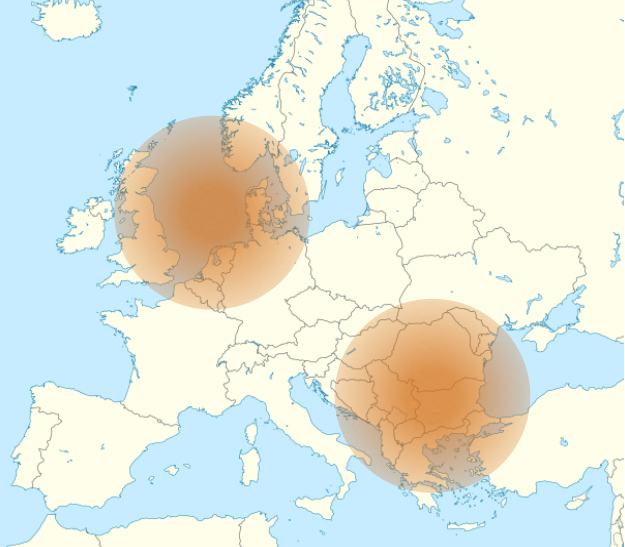Carbon Neutral Clusters
ConsenCUS has the firm ambition to operate the project’s CCUS innovations to allow competitive EU industries with net-zero greenhouse gas emissions. We do this by imposing a strict net-zero GHG constraint on the industry and CCUS clusters by 2050. Instead of analysing how well a system performs, i.e., how high its GHG emissions are after (partial) mitigation and at what costs, the net-zero-emission framework states that the system must be made net-zero, i.e., every residual system emission must be addressed by such measures are CO2 storage, the introduction of biogenic carbon instead of fossil carbon, direct air capture and/or other greenhouse gas removal (GGR) technologies. This innovative framework will be applied to CCUS cluster design and optimisation, LCA, and societal analysis alike.

To achieve these targets, collaborating and sharing infrastructure in a network is crucial to cost-competitiveness. Thisnetwork will be designed bringing together multiple emitters, users and storage locations using a shared transportation infrastructure specific to our industries. This includes the best place for storage buffers, how large those should be, and how to control the amount of energy converted and stored with a system approach in clusters. Time-dependent operation will create an industrial symbiosis with varying availability of electricity and hydrogen, or any similar resource, dependent on weather conditions and seasonal energy flows.
ConsenCUS will provide an interface between the project and those living and working within the clusters. We study community engagement by interviews with locals from a range of social groupings, benefits from socio-economic multiplier effects (jobs, environment, economic gain) and how these develop over time.

